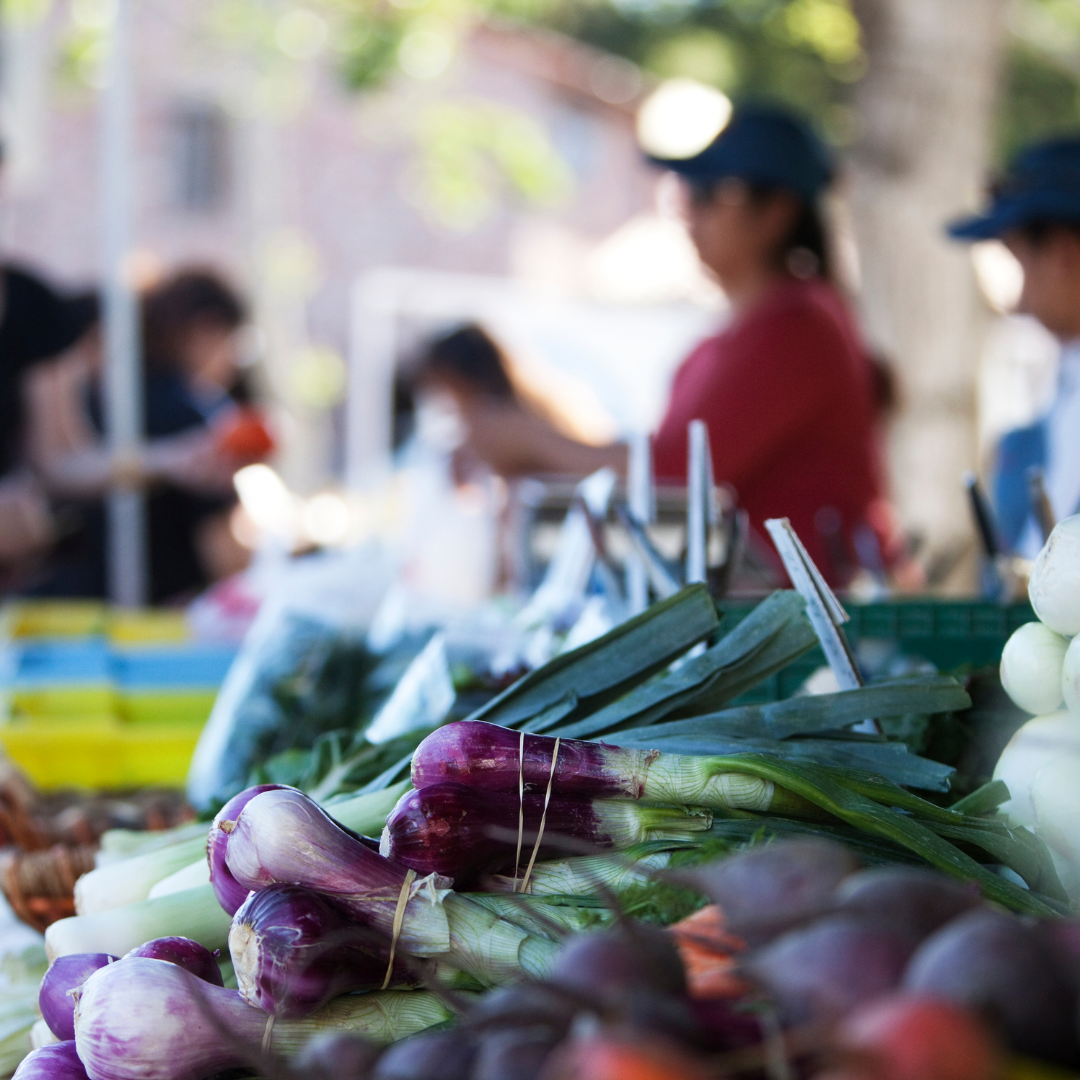Microgrants for Increasing Healthy Food Access
(Second Round of Funding)
The Blueprint’s Microfunding Project Team launched a new microgrant initiative in 2023, awarding $30,000 to community members and grassroots organizations during its first round of funding. With support from the Colorado Community Health Alliance, they recently pledged a total of $24,000 to support small projects working to increase the number of Coloradans who can access affordable, nutritious food in their communities.
This team is excited to announce that eight grassroots organizations will receive funding support beginning Spring 2024. Each will receive $3,000 to bolster their efforts to increase access to nutritious, affordable food in their local communities. Learn more about the funded partners and their projects.
This second round of microgrant funding prioritized initiatives spearheaded by community members residing in select counties, with a particular focus on efforts led by people of color and budgets under $50,000. The counties include Boulder, Broomfield, Clear Creek, El Paso, Gilpin, Jefferson, Park, and Teller.
Application & Funding Timeline
The online application is now closed. It became available on Friday, March 15, and was open through Sunday, March 31. We cannot guarantee funding for all applicants. Awarded grantees will be notified by Monday, April 8. If awarded funding, you will receive funding by Friday, April 26.
You do not need to be a 501(c)3 organization to apply; however, if you’re applying as an individual or a business, you will need to submit a W9 at the time of application and the funding will be considered taxable income.
Here’s what type of information may be requested as part of the application:
Project, business, organization, or farm name
Your contact information
Your community (city/town and county)
Brief history of your project, business, organization, or farm (2 - 3 sentences)
Leadership of your organization (3 -5 sentences)
Impact of work on your community to increase equity and access nutritious foods (3 - 5 sentences)
Annual budget
How you will use the microgrant (3 - 5 sentences)
Requested funding amount
Biggest challenges that your community faces (3 - 5 sentences)
How you will receive the funding if awarded
Agreement to fulfill the requirements below
Anything else you would like to share
All funding decisions will be made by community leaders from the Microfunding Project Team of the Blueprint.
Eligibility & Requirements
We will prioritize small, grassroots projects directly led by community members in specific counties, with an emphasis on initiatives spearheaded by people of color. These $3,000 grants will be prioritized for community-led projects and organizations with budgets under $50,000. The projects must increase access to affordable, nutritious food on a community level.
The work must carried out in one or more of the following counties (in alphabetical order):
Boulder County
Broomfield County
Clear Creek County
El Paso County
Gilpin County
Jefferson County
Park County
Teller County
The Blueprint defines community as those who are the most impacted by inequities as a result of policies and procedures and have historically been left out of the decision-making process. A grassroots organization is an organization primarily made up of folks advocating for a cause to spur change at local, national, or international levels. These groups take a bottom-up approach, which allows the group to define their own goals and how to achieve them.
Examples of work and organizations we are looking to support include (but are not limited to):
No-cost farmers’ markets or produce/farm stands
Pop-up food markets
Farmers, producers, or community gardeners with a commitment to creating greater food access and sovereignty
Small grocery stores or retailers that sell produce
Mobile food markets
Low-cost produce/farm stands
Food rescue efforts
Culturally specific responses to food inequity
Community organizing strategies to increase community-based food systems leadership
Some examples of costs that could be covered with this funding include (but are not limited to):
Staff time or volunteer stipends
Irrigation or farm equipment
Farming or community gardening supplies
Seeds or food-producing plants
Workshops or trainings
Technology, such as point-of-service equipment
Equipment such as shelving, refrigeration, freezers, and produce preparation equipment
Food purchases that are nutrient-dense and culturally sensitive
You do not need to be a 501(c)3 organization to apply; however, if you’re applying as an individual or a business, you will need to submit a W9 at the time of application and the funding will be considered taxable income.
Anyone receiving funding will be required to do the following: Sign a contract, as well as submit 2 - 3 photos and a final report on the grant’s impact and how the funds were spent by December 2, 2024.
If you have additional questions, please contact Dolores Ramirez of the Blueprint by email or text at (303) 720-1945.

